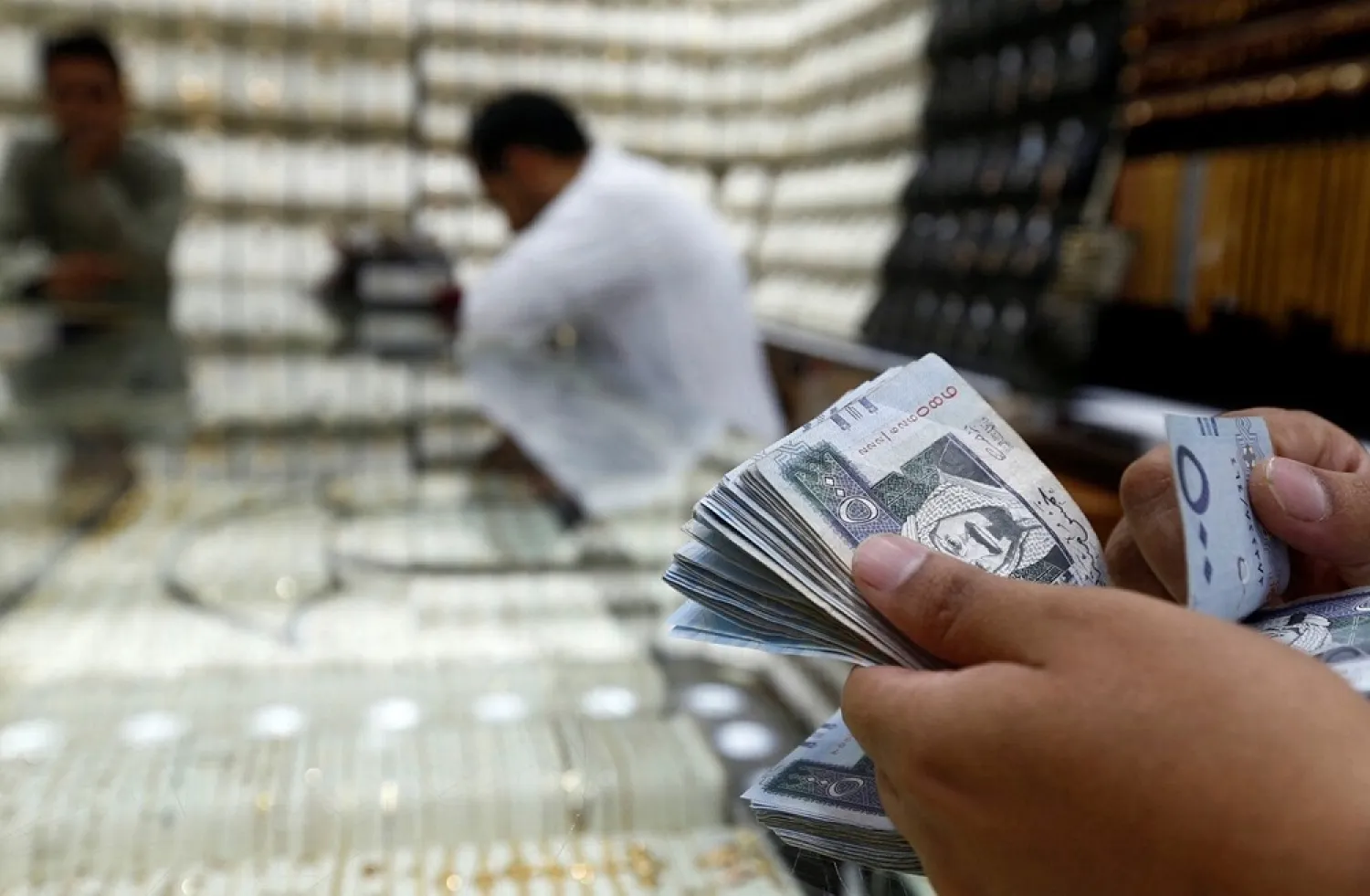Saudi Arabia spent SAR468 billion (USD125 billion) during the first half of 2020, according to a statistical document obtained by Asharq Al-Awsat.
Total contracts secured via Etimad reached 57,600 with a value of over SAR84 billion (USD22.4 billion). Total contracts for the same period last year reached SAR167 billion.
According to the document, users of Etimad reached 103,000 by the end of the first half of 2020, a 43 percent rise, compared to 72,500 during the same period of last year.
Competitions for the first half of 2020 increased to 13,700, or 57 percent, compared to the first half of 2019. Calls for direct purchasing dropped to 55,300, or 24 percent, compared to the first half of last year.
Separately, lender HSBC arranged a USD258 million export credit agency (ECA) loan for Saudi Arabia’s Ministry of Finance. HSBC acted as a mandated lead arranger (MLA), an original lender, and the agent bank for the loan, which is the first Green ECA loan in the Kingdom.
The proceeds of the loan are being used to purchase buses from Germany for the Kingdom’s public transport network. The buses will help reduce greenhouse gas emissions and air pollution, as well as alleviate traffic congestion in Riyadh through a shift towards public transportation.
The use of proceeds and reporting features of the facility deems it compliant with the “Green Loan Principles”, published by the Loan Market Association on March 21, 2018, a statement read.
The loan has also received support from the official ECA of the Federal Republic of Germany. Loans backed by ECAs are popular with regional borrowers as a means of diversifying their funding sources while securing attractive financing terms.
Gareth Thomas, HSBC’s head of global banking, Middle East, North Africa, and Turkey, said: “Saudi Arabia is embarking on one of the world’s most ambitious economic transformation programs and by securing its first-ever Green ECA financing it has once again demonstrated its regional leadership in debt markets. HSBC was delighted to play a part in another important milestone for the Kingdom.”









